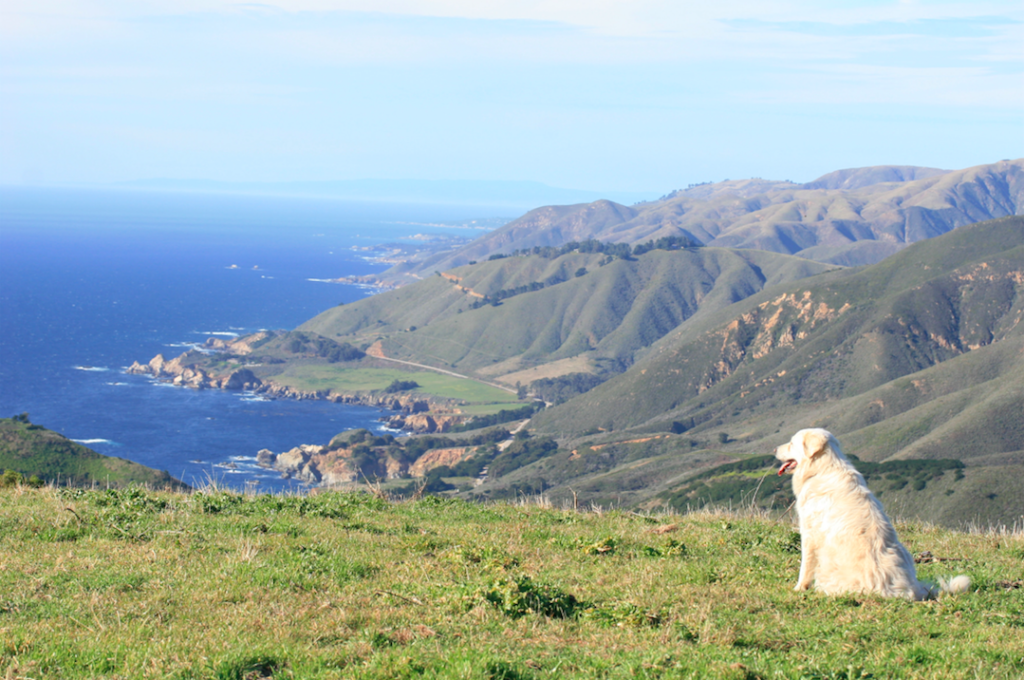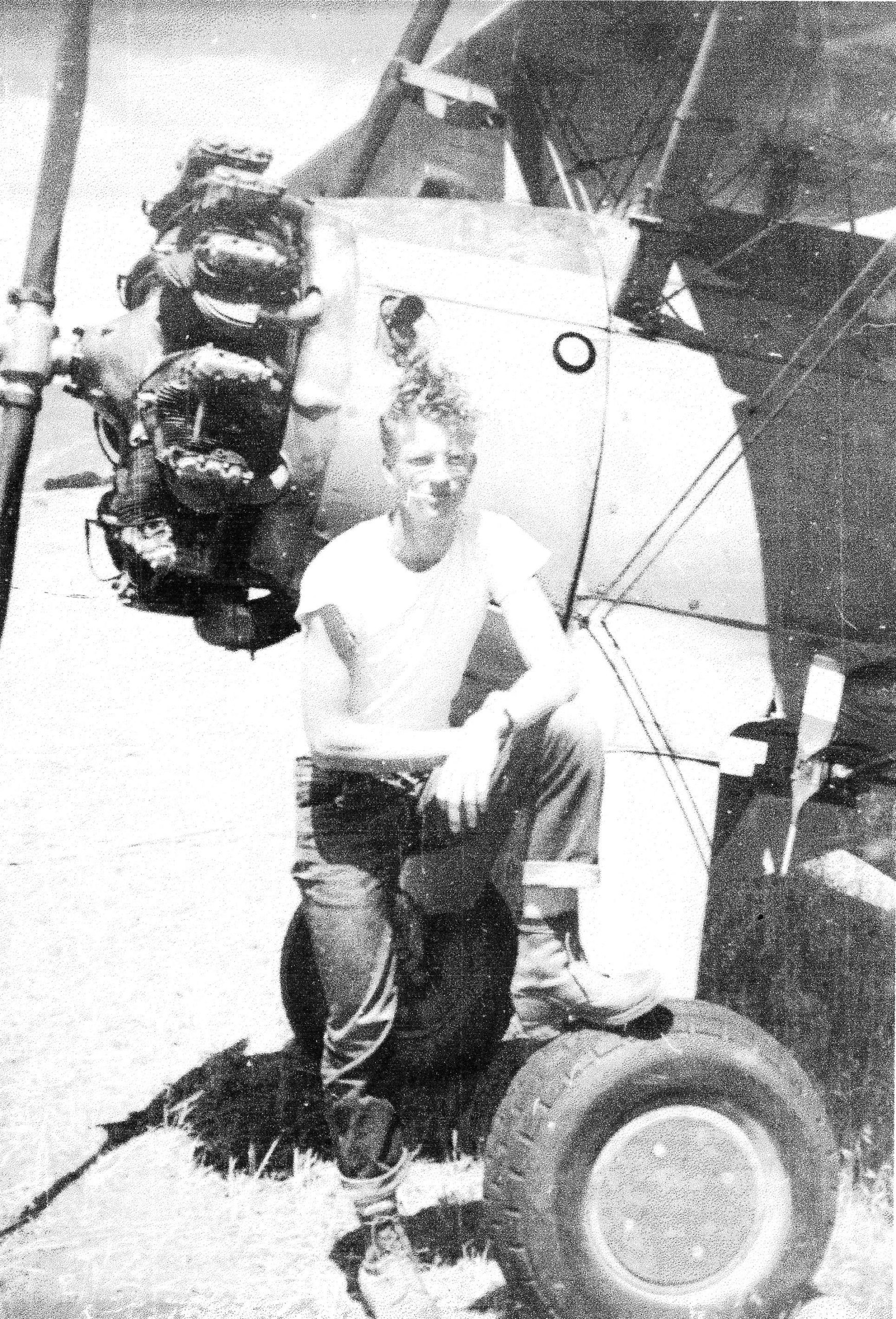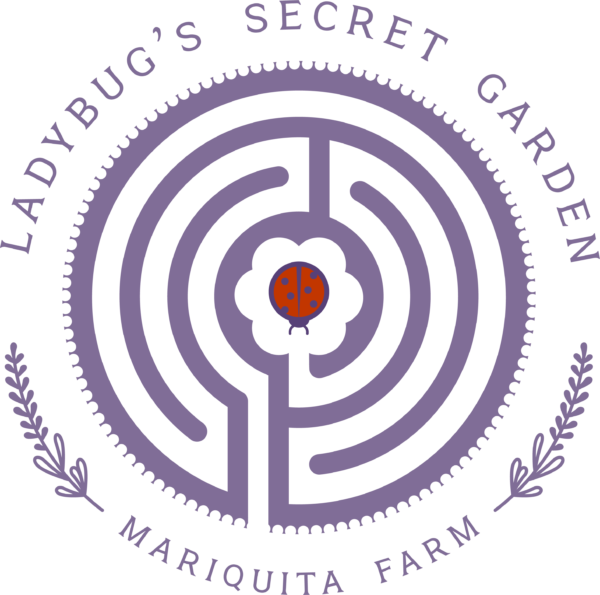Fathers

Last Sunday was Father’s Day and my two kids each called me up, which felt nice. They both live quite a ways away and with the Covid precautions in place I haven’t seen them in a while. A couple of weeks ago Starling and I took a drive up the Tassajara Road into the Los Padres National Forest to the top of Chew’s Ridge. I used to go up there with my father, who was a botanist and did a lot of research on the ridge. Our family scattered my father’s ashes there years ago and I like to visit the spot from time to time. The view is magnificent from the old fire lookout tower; you can see into the heart of the Ventana Wilderness and look down the spine of the Santa Lucia Mountain Range stretching south. The blue line of the Pacific is clear to the west behind Big Sur, and the arc of the Monterey Bay with Santa Cruz County, where I live now, lies on the northern horizon. I grew up at the foot of this mountain up a canyon to the east, so taking in the view of the scenery around me inevitably prompts me to look inward too at my own life. Being a father has given me more joy than anything else and it’s brought its share of challenges and worries. I find myself looking back at my own father’s example for guidance and contrast, and of course I wish that he had lived to see my kids growing up.
My father could tell a good story, but he rarely talked about himself, making it seem as though he’d come into the world as a thirty something with a PhD. Most of what I know about his early life I learned from his big brother, George, who once said that the family lived on so many ranches up and down the Salinas Valley that their true home was Highway 101. Every once in a while my dad would let a detail slip, like one day when he and I were heading out of King City into the San Benito Mountains and we passed Metz Road. He mentioned that during the Depression there was a vegetable dump on Metz Road where the local farmers buried truckloads and truckloads of turnips in an effort to reduce oversupply and keep the prices up. His mother would have him walk Metz road and pick up the turnips that had fallen off the overloaded turnip trucks. The tone of his voice let me know why we never ate turnips in our house. Nowadays I think about that moment and compare his “life on the farms” as a child of farm workers, with my kids’ lives growing up on a farm.
When my daughter, Lena, was around five years old she was playing in the yard with her friend, Lydia. I had been invited to speak to a group at Stanford University on the subject of preserving small farms and the relevance and value of a diverse agricultural landscape and local foodshed. After the talk there was to be a meet and mingle in the Rodin Sculpture Garden with food provided by Jesse Cool’s Flea Street Cafe. It was almost time to leave for the event, so I went out to tell the girls they needed to wrap it up. The girls were disappointed. “What’s wrong?” Lydia asked. “How come I have to go home?” Lena was scowling. “Because I have to go to some stupid gourmet thing,” Lena replied. It cracked me up- I was probably in my early 20s before I ever used the word “gourmet” in conversation, and then it hadn’t been a slur. It made me think about turnips though. I’m sure that my grandmother boiled the turnips my dad picked up off the road to DEATH, because that’s how she cooked them for me when I was a kid visiting her. And, like my father before me, I hated them. But the “gourmet” crowd I fell into through my involvement in the organic produce industry taught me how to take baby turnips, dress them lightly in olive oil and roast them. Super tasty! My kids survived their turnips. Dad would have enjoyed watching me try to get them to eat their veggies. Lena grew up to be a vegetarian and she keeps a garden, while Graydon has made a hobby out of learning to cook Chinese food, so it all worked out.

My father, like so many fathers before him, got smarter and smarter the older I got. Once I became a father myself I felt like I began to know him in a whole new way, even though he was slipping away into early onset Alzheimers. These days my kids call me sometimes, even when it’s not Fathers’ Day. Lena had a question last week about growing basil, and Graydon called about how to cook lentils. Maybe I’m starting to get smarter too. Now that I’m 60 my father is looking very wise. He was 27 when I was born, and by that time he’d already lived through the Great Depression, survived tuberculosis, done his share of farm labor, been a forest fire fighter, served as an officer in the US Navy in the Tonkin Gulf and South China Sea, and was well on his way to earning a doctorate. At 26 he probably didn’t know any more about raising kids than I did at 35 when my first child was born but he learned on the job, the way we all do. He’d be great to talk to now about how to be a father to young adults. I miss him.
Today Fidel, who is our foreman in our greenhouse, is in the hospital with his wife, who has just gone into labor. The child will be their first. I’m happy for them.
Stay well and all the best from Andy and the crew at Mariquita Farm.
© 2020 Essay by Andy Griffin.
Top photo: View from Serra Hill, Big Sur, circa 2012, by Andy Griffin.
Bottom photo: Andy’s father standing beside a crop duster.


